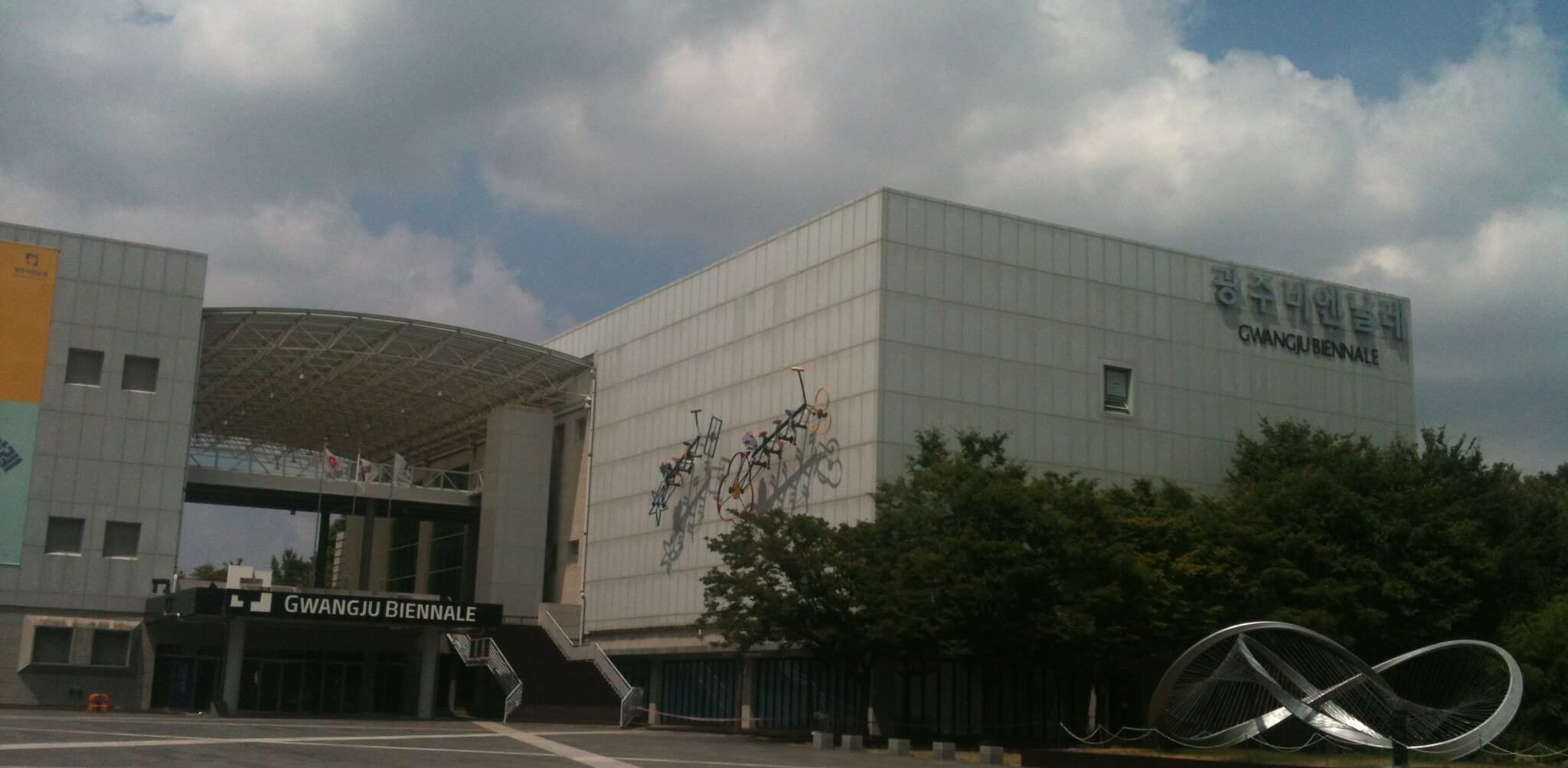The Gwangju Biennale has been postponed by a year in reaction to the ongoing COVID-19 pandemic. In being forced to move the exhibition, which was originally to open in September, back to February 2021, means organisers will miss the 40-year anniversary of the Gwangju Uprising. The biennial was established in 1995 in South Jeolla province, South Korea, to memoralise the pro-democracy protests of the 18 May 1980 (known locally as 5.18) and the brutal military retaliation which left more than 200 people dead or missing, according to official figures.
Since the first edition, the biennial and works by exhibiting artists have often sought those historic events as a reference point.
Defne Ayas and Natasha Ginwala, the curators of the postponed exhibition, which they have titled Minds Rising, Spirits Tuning, said in a statement ‘The pandemic has been such a test on our values, protocols, practices, and institutions globally. As contagion and vulnerability become entwined conditions, with massive numbers of lives lost globally, it has become even more vital to sustain public culture amidst drastic pulls between isolation and mass movements as well as human and planetary asymmetries.’
The curatorial pair had previously said that they are taking the themes of of ‘superintelligence’ and the ‘extended mind’ as a starting point, posing questions including ‘Where precisely can organic intelligence be found?’ and ‘To what extent can it be pursued in the human brain and also in the heart, as 마음, the Korean term, would imply?’
Pacita Abad, Korakrit Arunanondchai, Cecilia Bengolea, Yin-Ju Chen, Hyuntaek Cho, Vaginal Davis, Patricia Domínguez, Cian Dayrit, John Gerrard, Sonia Gomes, Trajal Harrell, Lynn Hershman Leeson, Gözde Ilkin, Sangdon Kim, Sylbee Kim, Liliane Lijn, Candice Lin, Emo de Medeiros, Ana María Millán, Kira Nova, Fernando Palma Rodríguez, Outi Pieski, Angelo Plessas, Gala Porras-Kim, Judy Radul, Sahej Rahal, Jacolby Satterwhite, Alexandra Sukhareva, Sissel Tolaas, Cecilia Vicuña and Shen Xin, are among the artists already announced as participating, with more names to be added at a later date.
The South Korean government has been widely praised for its response to the pandemic, with the country having an estimated 10,423 cases and 204 deaths, making its case fatality rate of 1.95 percent far lower than the global average.
Announcing the postponement, Ayas and Ginwala expanded on the ideas behind their show. ‘While we as curators understand and acknowledge the precarious and problematic nature of biennales all over the world, we remain convinced that one must still strive to create an inclusive space that aims to harness ancient world-building systems with newly engendered spirits. Our commitment remains with artistic practices that enable mutating, itinerant, hybrid and, at times, undisciplined alliances. As such, we are working with artists and thinkers with mind-expanding practices that act beyond the binary framings of insider and outsider, legal and illegal, masculine and feminine. Each invested in traversing ancestral knowledge, augmented intelligence, and healing systems while honoring the foundational role of the undead in shaping registers of “the real” across worlds of the living. We are grateful to each of them.’
